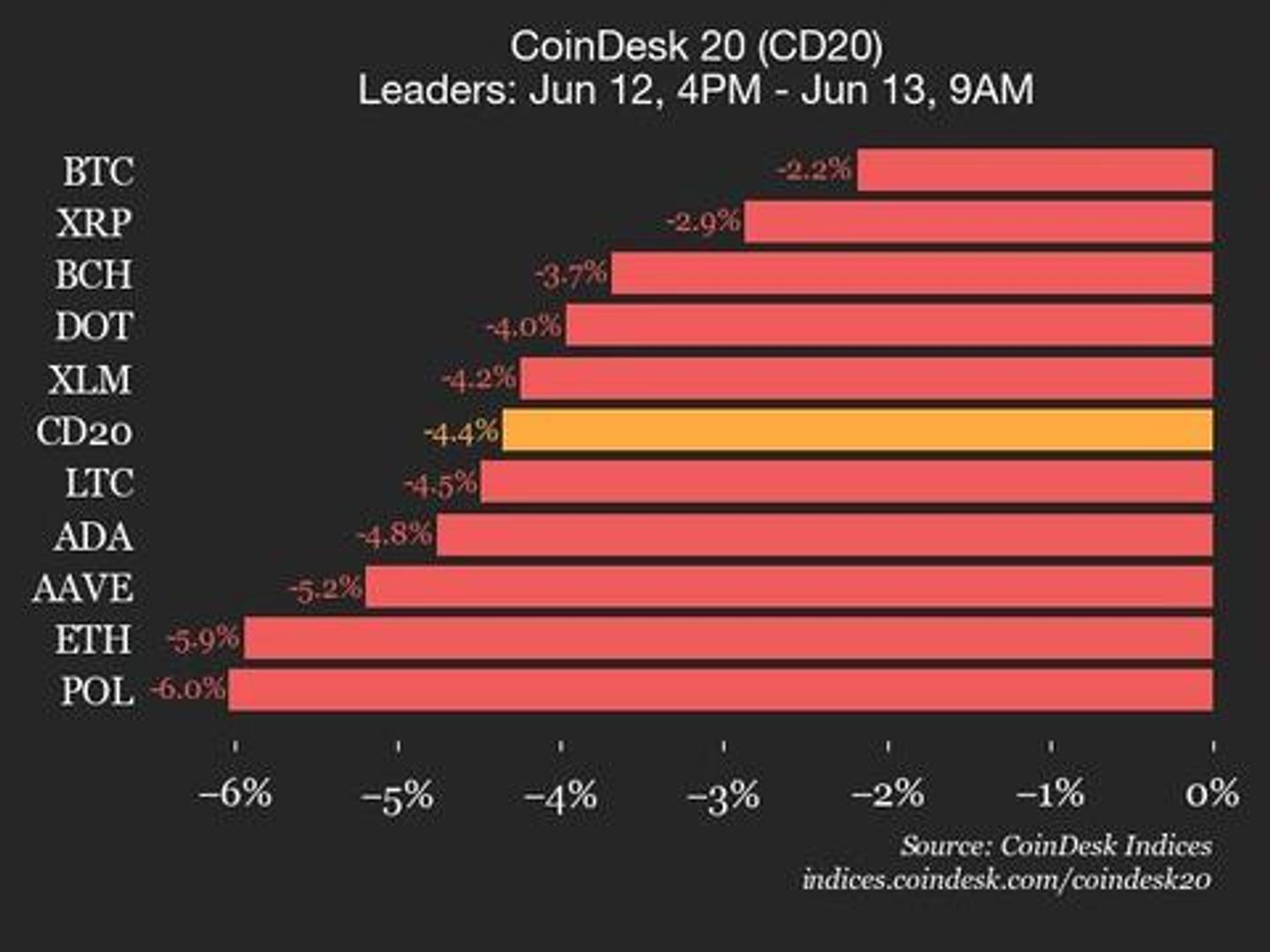
Nearly all eggs sold in Michigan starting before the New Year must come from cage-free birds, even as egg prices continue to climb.
Michigan lawmakers modified the Animal Industry Act in 2019, requiring shell eggs from chickens, ducks and other fowl, sold in the state to be from cage-free housing systems, starting Dec. 31, 2024.
The new law, though, does not apply to the sale of shell eggs produced on a farm with less than 3,000 egg-laying hens, nor does it apply to liquid or cooked eggs.
But for those farms affected, the law prohibits business owners from selling eggs from an egg-laying hen if care cannot be provided while standing within the hens’ usable floor space.
EGG PRICES ARE HIGHER AND WILL CONTINUE INTO 2025
The law also states that chickens are not to be confined or tethered in a way that prevents them from lying down, standing up, fully extending their limbs or turning around freely.
Most of the guidelines for cage-free eggs were established in the United Egg Producers 2017 rules, which set the standards for how much area must be provided in order for eggs to qualify as cage-free.
Michigan Gov. Gretchen Whitmer did not immediately respond to Fox News Digital’s request for comment on the new law.
HERE’S WHY GROCERS ARE REALLY RAISING PRICES
The news comes as egg prices continue to rise, and industry experts project that these higher costs will persist into 2025, especially if Highly Pathogenic Avian Influenza (HPAI), also known as “bird flu” infections, continues.
Wells Fargo Agri-Food Institute Sector Manager Kevin Bergquist said egg prices have been elevated since 2023 due to the combination of seasonal price increases during the holidays and disruption in egg supply due to bird flu.
Prices over the past year have “generally” remained above 2023 prices and even “often exceeded egg prices from 2022, which was when HPAI really caught the egg market,” according to Bergquist.
TRUMP’S PROPOSED TARIFFS COULD DRIVE UP FOOD PRICES, EXPERTS SAY
Wholesale egg prices, which jumped nearly 55% in November, do not necessarily reflect consumer egg prices at the grocer, which can vary widely.
According to the Consumer Price Index, grocery prices rose 0.5% in November, with four of the six major grocery store food groups rising in cost. Eggs showed the largest increase by a wide margin.
GET FOX BUSINESS ON THE GO BY CLICKING HERE
Prices for meat, poultry, fish, and eggs rose 1.7% in November, but prices for eggs rose 8.2%.
FOX Business’ Daniella Genovese contributed to this report.



